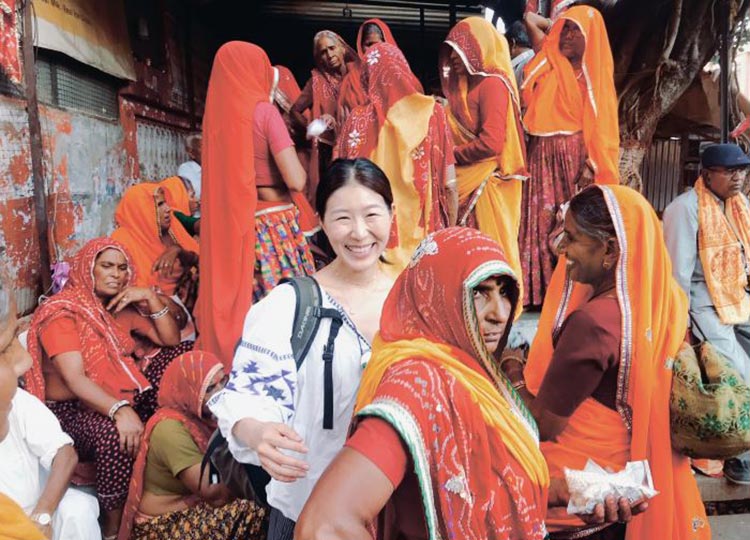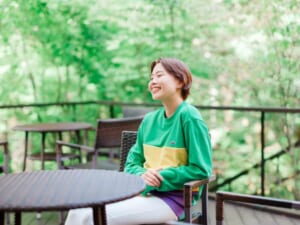Self-healing meets jewelry design in India
インド在住のジュエリーデザイナー、緑川りおさん

インド在住のジュエリーデザイナー、緑川りおさん。ヨガをきっかけに南インドへ渡り、宝石の都と呼ばれるジャイプールに魅了され、現地でアクセサリーブランド「Pahi Amulet」を立ち上げた。多様な英語のアクセントが飛び交うインドで、英語がほとんど話せない状態からのスタートだったという。
Japan’s fashion industry is famed for its innovative and cutting-edge designs. It is, however, infamous for its [tooltip title="substa
既に定期購読会員の方
ログイン方法がわからない方はこちら
Self-healing meets jewelry design in India
インド在住のジュエリーデザイナー、緑川りおさん



プレイリスト
記事を選んでリスニング
12月27日の他記事
-
New Zealand plans to ban greyhound racing as public turns against it
NZでドッグレース違法化へ イヌの安全面への世論の高まり受け

COURTESY OF RIO MIDORIKAWA
Easy ReadingDecember 27, 2024 -
Self-healing meets jewelry design in India
インド在住のジュエリーデザイナー、緑川りおさん

COURTESY OF RIO MIDORIKAWA
InterviewDecember 27, 2024 -
Several hundreds, maybe thousands, may have died in Mayotte cyclone, says French official
仏海外県マヨットに巨大サイクロン、死者数千人の恐れも

COURTESY OF RIO MIDORIKAWA
World NewsDecember 27, 2024 -
Predicting a new world
新しい世界を予想する

COURTESY OF RIO MIDORIKAWA
EssayDecember 27, 2024
-
Hunting for information is like an Easter egg hunt
メディア情報リテラシー教育に取り組むインフォハント代表、安藤未希さん

COURTESY OF MIKI ANDO
InterviewApril 25, 2025 -
Taking ‘touristship’ out on the high seas
一般社団法人ツーリストシップ代表理事、田中千恵子さん

COURTESY OF CHIEKO TANAKA
InterviewApril 18, 2025 -
Shogun actor taking nothing for granted
『SHOGUN 将軍』出演の俳優、平川貴彬さん

PHOTOGRAPHY BY KEN HIRAMA
InterviewApril 11, 2025 -
Fasten your seat belts, it’s time to fly high
在バンクーバー客室乗務員のRyucrewさん

COURTESY OF RYUCREW
InterviewApril 4, 2025







